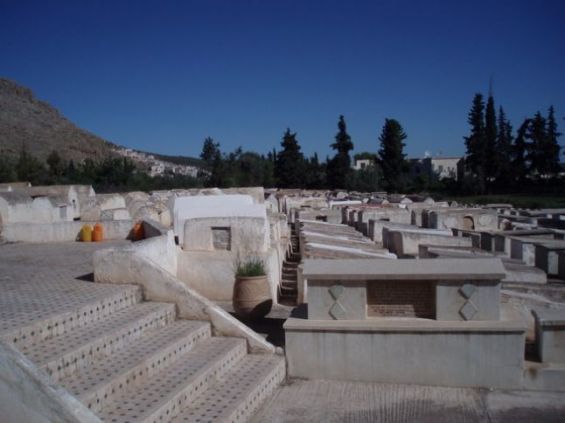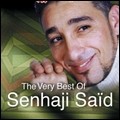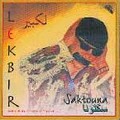In central Morocco, the city of Sefrou was home to Muslims, Jews and Christians for centuries. About thirty kilometers away from Fes, the small town hosts Berber-speaking tribes, Arabic-speaking Jews of Fassi origin, and even some who were forced to go on exile from Spain in 1492. This was the case for the El Baz family.
In Arabic, El Baz means the «hawk» but it refers to a family of scholars and rabbis who resided in the Jewish quarter of Fes during the seventeenth and eighteenth centuries.
Of a Spanish origin, the family of El Baz gave birth to Rabbi Raphael Moshe in 1823 in Sefrou. He was also the son and grandson «of two rabbis and prolific authors : Rabbi Yehuda El Baz and Rabbi Samuel El Baz», Judaisme Marocain wrote.
A saint and a man of various talents
Rabbi Raphael Moshe El Baz was appointed as rabbinical judge at the age of 28. And at the time, he was already a «prolific writer», dealing in his books with various fields, such as the writings of rabbinical jurisprudence, the precepts, laws and commandments that govern the life of Jews according to the law of Moses.

«He symbolizes the last incarnation of the perfect scholar, harmoniously mixing sacred studies with so-called secular sciences, whereas since settling down in Morocco, the descendants of those who were expelled from Spain showed no interest in science and philosophy», wrote a platform called Geni.
The Rabbi was a man with a wide variety of skills, showing interest in poetry, music, philosophy, astronomy, history and mathematics.
Carrying the reputation of a connoisseur, the Rabbi «led prayers in the cemetery with all the men of the community» when he knew that the region was threatened by drought. «On their way back to the Mellah, heavy rain began to fall and he was received as an angel from heaven by Muslim peasants», Geni reported. The Pasha of Sefrou thus ordered the farmers to give this year a part of their harvest to the rabbi, because «they owed it to him».
The platform also indicates that the rabbi «maintained excellent relations with the Muslim community, not hesitating to go to the mosque to listen to the Muslim liturgical music» or to «echo from his window the call from muezzin to prayer, reciting bakkachot (sung prayers, ed.) in their translation into Arabic».
One of the parents of Hebrew poetry in Morocco
In addition to being a Rabbi and a judge, Raphael Moshe El Baz was also a lover of songs and poetry. «He wrote several songs and didactic poems in Moroccan Arabic», the same source said.
Rabbi Raphael Moshe El Baz is considered «one of the Jewish poets who adopted the popular and semi-classical genre called Qassida», as Reeva Simon Spector, Michael Menachem Laskier and Sara Reguer say in «The Jews of the Middle East and North Africa in Modern Times» (Columbia University Press, 2003). He is even described by the Library Hub Discover platform as one of the artists that «representated Hebrew poetry in Morocco the most».
%20(800x600).jpg)
Rabbi Raphael Moshe El Baz also wrote several books, including «Halakhah Le-Moshe» which is a collection of legal decisions, «Parashat Ha-kessef» which is a work of morality and proverbs, «Arbah» in Chomrim «on jurisprudence», Chir Hadach «where he collected liturgical songs and poems or his famous» Beer Cheva on science, mathematics, astronomy and geography, as well as a book on the Moroccan Jewish community, entitled «Kissé Hamelakhim».
To illustrate the Rabbi's investment in the texts of the sixteenth century, Sina Rauschenbach and Jonathan Schorsch recall, in «The Sephardic Atlantic: Colonial Histories and Postcolonial Perspectives» (Editions Springer, 2019), that Rabbi Raphael Moshe El Baz wrote a comment on the sixteenth-century law code «Sefer ha-Taqqanot» (The Book of Ordinances) written by Rafael Berdugo (1747-1821) of Meknes.
While he did not have an heir, Rabbi Raphael Moshe El Baz left more than 19 manuscripts, which he considered «his children» for his nephew Rabbi Benyamine El Baz. But some of these manuscripts were printed only around the end of the nineteenth century.
Rabbi Raphael Moshe El Baz died in 1896 in Sefrou, his hometown where he was buried in the Jewish cemetery of the city. His hiloula is celebrated during Lag Baomer.





 chargement...
chargement...













